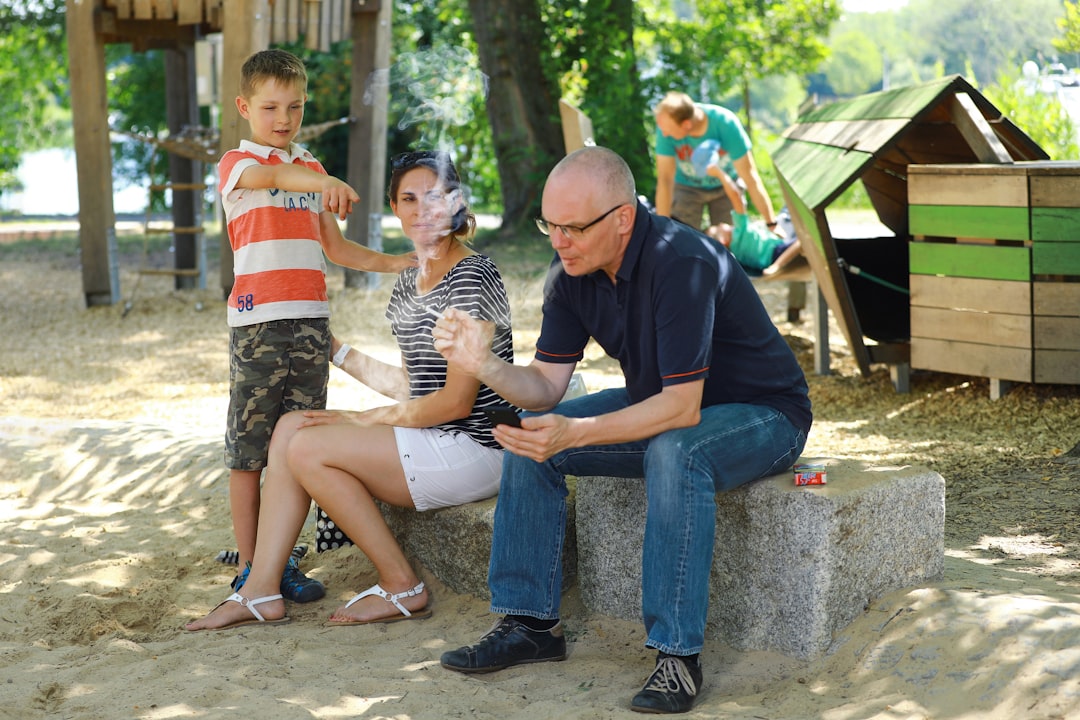The Metaverse Hype
The metaverse. It’s the buzzword on everyone’s lips, promising a future where we seamlessly blend the physical and digital realms. Imagine attending virtual concerts, trying on clothes in virtual dressing rooms, or even visiting your doctor – all from the comfort of your own home. This immersive, interconnected digital world is being touted as the next evolution of the internet and, more specifically, of social connection. But is it all it’s cracked up to be?
From Science Fiction to Silicon Valley
The concept of the metaverse isn’t new. It originated in Neal Stephenson’s 1992 science fiction novel “Snow Crash,” where humans interact as avatars in a virtual reality world. Fast forward three decades, and tech giants like Meta (formerly Facebook) are pouring billions into making this fictional concept a reality. We now have virtual reality headsets, augmented reality experiences, and online platforms like Roblox and Fortnite hosting virtual concerts and gatherings.
Analyzing the Promise and Peril of the Metaverse
The potential benefits of the metaverse are vast. It could revolutionize education by creating immersive learning environments, transform healthcare by enabling remote surgeries and consultations, and even help mitigate climate change by reducing the need for physical travel.
Benefits of the Metaverse for Social Connection
When it comes to social connection, the metaverse offers:
- Breaking down geographical barriers: Imagine connecting with loved ones across continents as if they were in the same room, attending international conferences virtually, or even exploring historical sites without leaving your house.
- Enhanced accessibility: The metaverse could provide a more inclusive space for people with disabilities, allowing them to participate in activities they might otherwise find difficult or impossible in the physical world.
- New avenues for self-expression: Want to be a dragon in the metaverse? No problem! The metaverse allows for unprecedented levels of customization and self-expression through avatars and virtual environments.
Challenges and Concerns Surrounding the Metaverse
However, several concerns need to be addressed:
- Digital divide: Access to the metaverse requires technology and infrastructure that many people cannot afford, potentially exacerbating existing inequalities.
- Privacy and security: With increased data collection and tracking, ensuring privacy and security in the metaverse is paramount.
- Mental health implications: Spending excessive time in virtual worlds could lead to social isolation, addiction, and a blurring of boundaries between reality and virtuality.
- Regulation and governance: The decentralized nature of the metaverse poses challenges for regulation and governance, raising concerns about content moderation, data ownership, and user safety.
Finding Balance: The Human Element in a Virtual World
While I’m excited about the potential of the metaverse, I believe we need to tread cautiously. It’s crucial to address the ethical and societal implications before fully embracing this new frontier. Technology should complement and enhance our real-world connections, not replace them entirely. Nothing can replace the warmth of a genuine hug, the joy of sharing a meal with loved ones, or the spontaneity of real-life interactions.

